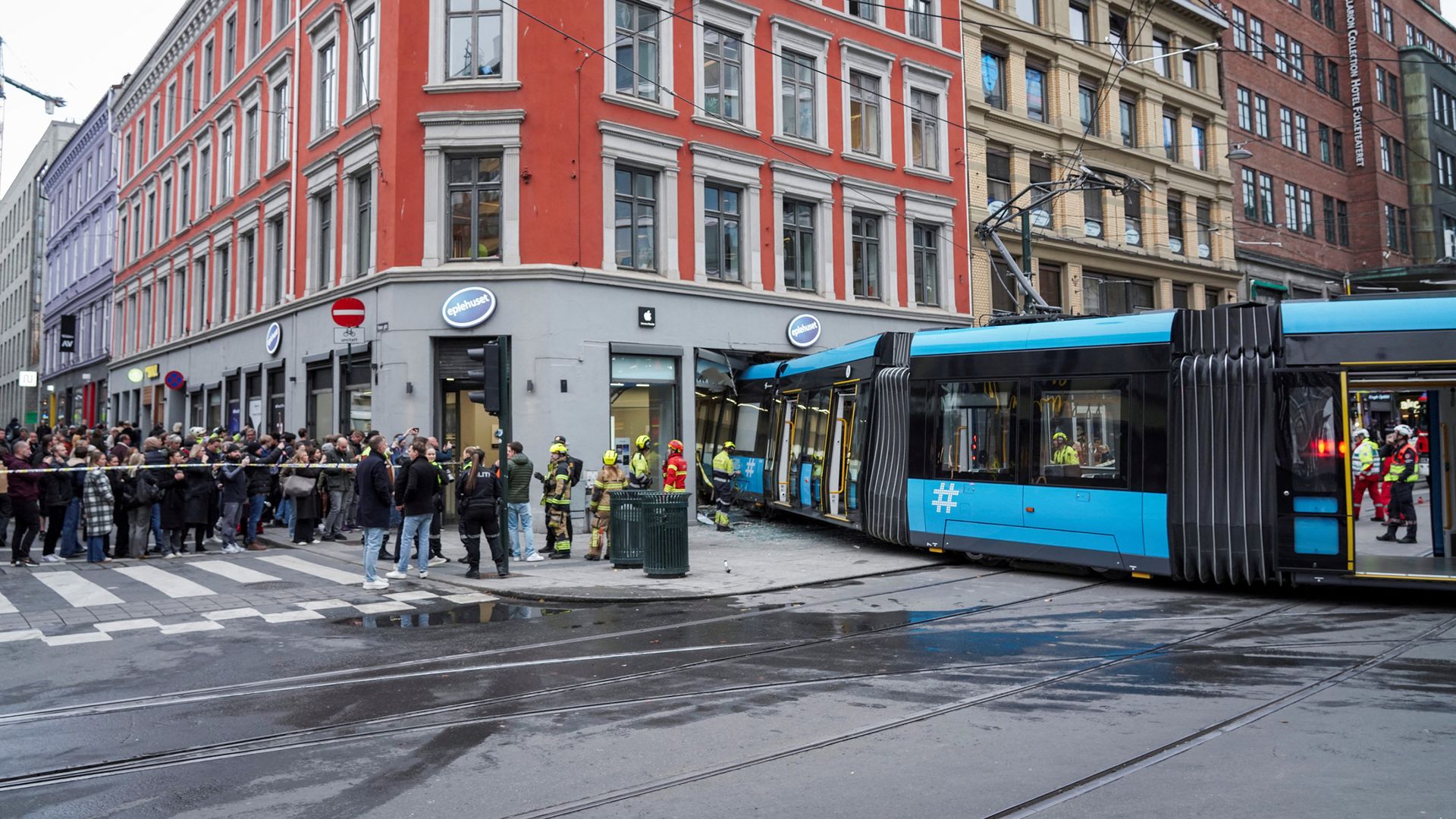
Since Dana Connors became CEO and president of the Maine State Chamber of Commerce in 1994, the state has seen four recessions, a more than doubling of the inflation rate, five governors, a quadrupling of the median home price and a sevenfold increase in workers aged 65 and older.
Connors, 79, is set to retire early next year after 29 years heading the chamber, the major advocacy group for Maine businesses. He started his career as city manager of his native Presque Isle, a position he held for 16 years. He was then Maine’s transportation commissioner for 11 years.
He was instrumental in launching several programs to promote Maine businesses, including helping start Maine & Co., a nonprofit that helps businesses relocate to Maine or expand here, and the Maine Technology Institute, which helps fund startup and emerging companies. Recently, he served on the committee that helped develop policies to stabilize Maine’s economy from the COVID-19 pandemic’s effects.
Connors recently talked to the Bangor Daily News about how the business environment has changed since he took office and what challenges lie ahead. The interview has been edited for clarity and brevity.
What was the business environment like when you became head of the chamber in 1994?
Connors: The 1990s were an important time. We began them with a Gulf War recession. Iraq had invaded Kuwait causing global oil prices to almost double. So the ’90s were set in motion with some degree of concern. But the 10 years were a time of significant economic growth in terms of jobs, lower inflation and some productivity increases.

There was a very rapid technological change taking place and the dot-com digital economy emerged. The Telecommunications Act of 1996 opened up competition. Verizon and the Public Utilities Commission came up with a program to provide internet to all of our libraries and schools. Then-Gov. Angus King had a program to provide laptops to seventh and eighth graders. The Maine Technology Institute also was created and has grown into a very significant player in our economy.
The global economy was emerging and we weren’t competing necessarily with a state next door. King brought together the various entities and created the Maine International Trade Center. So you saw some positive things really take shape.
Was there a workforce shortage in Maine in the 1990s?
Connors: We had some considerable growth in our population and workforce in the ’80s because of women, but in the ’90s, we started to see the population growth really slow down. We became keenly aware that we were becoming an aging population. Our births were on the decline. We became known as the oldest state based upon median age in the mid ’90s. We became aware of the impact it would have on the workforce. Today, it’s grown larger and more challenging for Maine’s economy.
How can workforce shortages be addressed now?
Connors: There are two things that unite all people in Maine regardless of where they live and their politics: They want a strong economy and they want to address the needs of their people, particularly their young people. They want them to reach their highest potential and have good, solid jobs.
The key to that is an education system that brings the business community and educators together. I think we are in a good place because we recognize the value of what education brings to the success of the individual as well as the economy.

How did the COVID-19 pandemic affect efforts to build up the workforce?
Connors: We lost a lot of people who may have attempted to retire because of the pandemic for one reason or another, but we also lost people because of childcare. A number of families have two working parents, and one of those might need to stay home. Our workforce challenge became even worse and today there are very few examples of where worker shortage is not a high priority that people are attending to address.
But the good that came from it is that it brought an increase in population, and not all in the same population centers but throughout the state. Maine is known as a safe place that is committed to serving its people.
We’ve also seen the role of the immigrant. The problem today is it takes forever to get a work permit. And until Congress does something we’re losing people and skills. Nationally, between 2000 and 2050 some 83 percent of our workforce growth will come from immigrants and immigrant families. It may not be that high in Maine, but it does tell about the role that the immigrant plays in our future.
You have advocated for a tech-driven economy. Has that happened in Maine?
Connors: I certainly think so. The purpose of the Maine Technology Institute is to invest in innovation for a better economy, to stimulate growth in tech-intensive companies and just last week the Roux Institute’s Techstar Accelerator program had startups demonstrate their projects. Roux has been a tremendous asset to our state. Last week, it partnered with MaineHealth and Northern Light Health to invest in health tech innovators.
One thing that I read recently and find fascinating is that the majority of jobs that will be created in the next 10 years do not exist today or those that exist will be transformed by technology. If you don’t believe in the value of technology, then you are really missing out on the opportunities that come with serving your economy.
Are there any achievements you are especially proud of during your 29 years at the chamber?
Connors: I am proud of strengthening the voice of the state chamber both in what we have done but also in the way we’ve done it. We’ve always placed an accent on partnerships. When you approach a policy, my theory is follow the policy and don’t get immersed in the politics of it. One of the most valuable things is your relationships.
Do you have any predictions for what the economy and business might look like going into 2023?
Connors: I think that it looks promising. There are a lot of investments taking place. We’ve seen that at the Loring Commerce Centre, Sappi and the former Great Northern mill. Investment is the key ingredient to a growing economy and expresses confidence. It’s a key to its survival. It’s a key to its success.
There’s also a very special characteristic that comes from hard work, experiencing setbacks, experience and struggles. With it comes a pride that expresses itself in the form of tremendous preservation, resilience and ingenuity. That’s a profile of Maine people. That’s a profile of Maine’s business community both in the 1990s, now and in the future.












